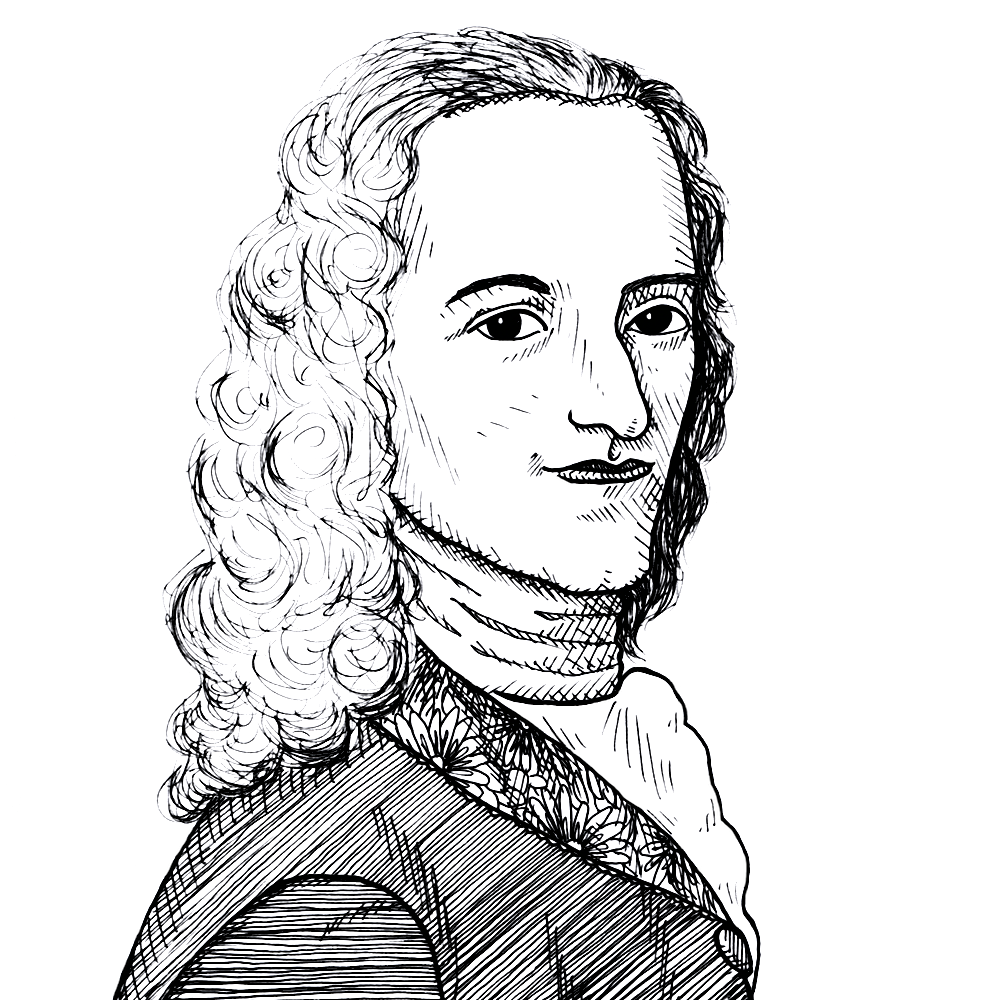
Voltaire lampooned the excessively optimistic Leibnitzian philosophers in his philosophic tale Candide by exposing his characters to one disaster after another, like a tsunami in Lisbon, to show that this was not “the best of all possible worlds”
Found in: The Works of Voltaire, Vol. I (Candide)
In 1755 an earthquake and tsunami hit the city of Lisbon, at that time the 4th largest city in Europe. Voltaire used the event in his philosophic tale Candide to argue that this is not the best of all possible worlds:
Philosophy
As soon as they had recovered from their surprise and fatigue they walked towards Lisbon; with what little money they had left they thought to save themselves from starving after having escaped drowning. Scarcely had they ceased to lament the loss of their benefactor and set foot in the city, when they perceived that the earth trembled under their feet, and the sea, swelling and foaming in the harbor, was dashing in pieces the vessels that were riding at anchor. Large sheets of flames and cinders covered the streets and public places; the houses tottered, and were tumbled topsy-turvy even to their foundations, which were themselves destroyed, and thirty thousand inhabitants of both sexes, young and old, were buried beneath the ruins…
The next day, in searching among the ruins, they found some eatables with which they repaired their exhausted strength. After this they assisted the inhabitants in relieving the distressed and wounded. Some, whom they had humanely assisted, gave them as good a dinner as could be expected under such terrible circumstances. The repast, indeed, was mournful, and the company moistened their bread with their tears…